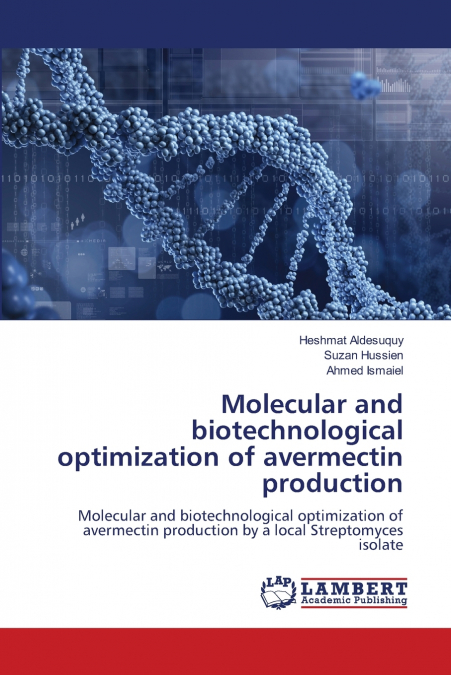
Ahmed Ismaiel / Heshmat Aldesuquy / Suzan Hussien
The main goal of the study was the identification and optimization of fermentation conditions responsible for improvement in the production of AVM from Egyptian isolate of S. avermitilis. The qualitative and quantitative analysis of AVM was carried out by Thin-layer chromatography (TLC) and 6538 QTOF with Agilent 1290 UHPLC. Results showed that optimization conditions were carried out by using production medium containing 30 g/L corn starch, and 0.725 g/L CaCO3, pH 7, 8% inoculum size and incubated at 32.5°C. The present work proofed that S. avermitilis MN368133 displayed a strongly strengthened capability to utilize carbon and nitrogen source compare to the wild-type one by proteome analysis. The major protein expression changes corresponding to AVM production were related to amino acid metabolism, carbon metabolism, energy metabolism and environmental stress response. The results will be helpful for better understanding the mechanism of AVM synthesis under different environments and yield novel insights regarding the formation action of secondary metabolites at the system level. Further work will be necessary for fully understanding the regulation mechanism on AVM biosynthesis.